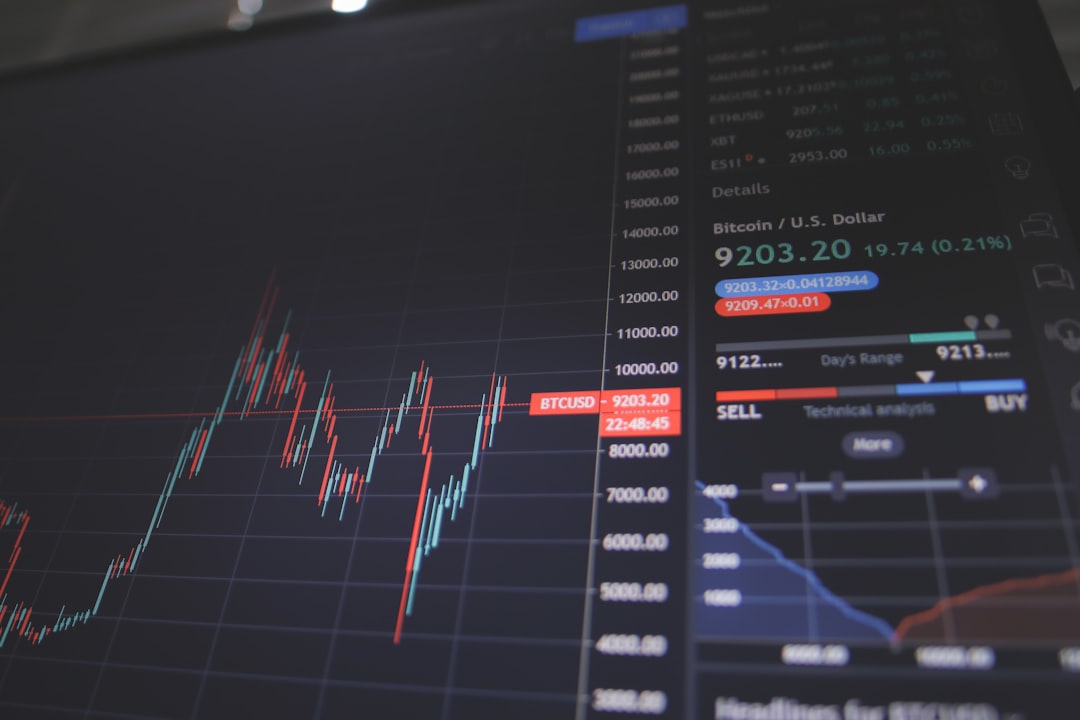
Asian equity markets traded cautiously on Monday, with most benchmarks subdued amid a combination of public holidays, soft earnings in Australia, and anticipation of key global economic events. The absence of trading in Japan, China, Hong Kong, and South Korea due to public holidays led to thin volumes, amplifying investor hesitancy ahead of the Federal Reserve’s upcoming policy meeting and China’s scheduled economic data releases.
Westpac Earnings Drag ASX Lower
Australia’s S&P/ASX 200 fell 0.7%, weighed down by a 1.6% drop in the financials sub-index. The pressure came after Westpac Banking Corp (ASX:WBC) posted a 1% decline in half-year net profit, with tighter lending margins offsetting growth in loan volumes. Shares of the lender dropped over 3% in early trading, leading the sector lower.
Westpac flagged uncertainty from escalating global trade risks—particularly U.S. tariff actions—as a key factor clouding future economic projections. The bank’s commentary added to existing market concerns ahead of expected data from China that could reflect how U.S. tariffs are reshaping global demand patterns. Insights into China’s monthly trade data, consumer price index, and services PMI—accessible via the Economic Calendar—will be crucial to gauging both domestic and international sentiment.
Regional Indices Lack Direction Amid Holiday Silence
With large markets closed, activity in Southeast Asia remained largely rangebound. Singapore’s Straits Times Index dipped 0.1%, while India’s Nifty 50 futures also edged lower by 0.1%, weighed down by renewed geopolitical friction with Pakistan. The Philippines’ PSEi Composite fell 0.3%, while Malaysia’s KLCI posted a modest 0.2% gain. The standout gainer was Indonesia’s Jakarta Composite, rising 0.4%.
U.S. stock index futures slipped during Asian hours as markets priced in caution ahead of the Fed meeting. Traders continued to monitor the Fed’s inflation stance and interest rate path, which remain central to equity market direction across global benchmarks.
U.S.-China Trade Dialogue in Focus
Markets found some reassurance after China confirmed it was evaluating trade discussions with the U.S., insisting talks must be based on mutual respect and the rollback of unilateral tariffs. Media reports also indicated the U.S. has extended communication channels in hopes of resuming formal negotiations.
Still, investors remained cautious. The true impact of prolonged tariff enforcement will become more visible in China’s trade balance data due later this week. Those tracking trade flows and commodity-linked economic shifts can follow updated metrics through the Commodities and Trade Data API, which reflects pricing and volume movements that influence regional export economies.
Analysts Warn of Sharp Export Decline
ING analysts warned that Chinese exports to the U.S. may post a double-digit year-on-year contraction, alongside shrinking imports, driven by slowing external demand and persistent geopolitical strain. The data, due Friday, is expected to confirm whether China’s export engine continues to feel the weight of ongoing tariffs.
At CWEB, we are always looking to expand our network of strategic investors and partners. If you're interested in exploring investment opportunities or discussing potential partnerships and serious inquiries. Contact: jacque@cweb.com

